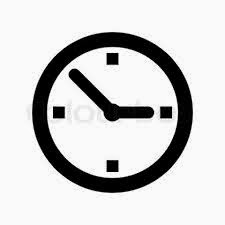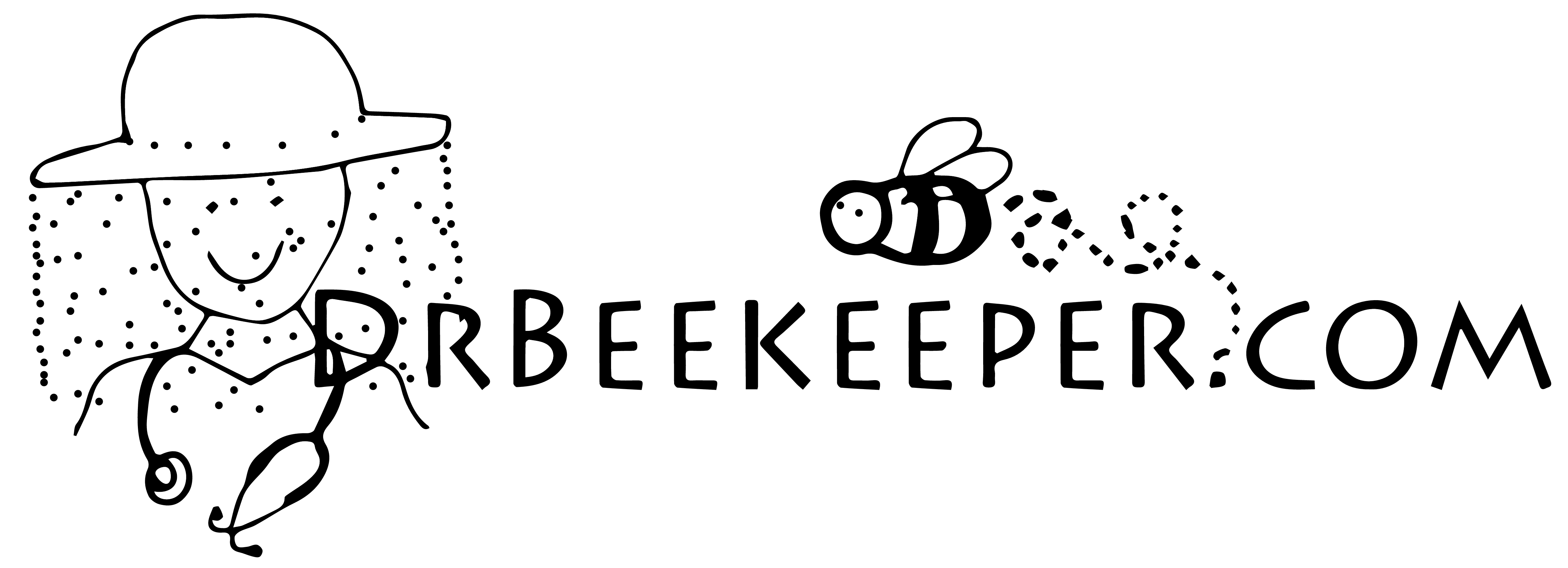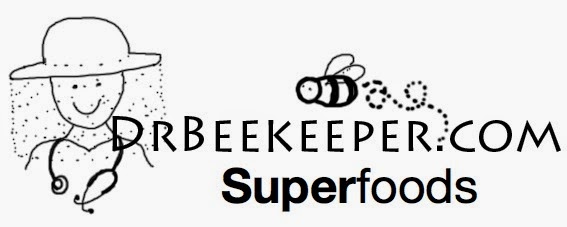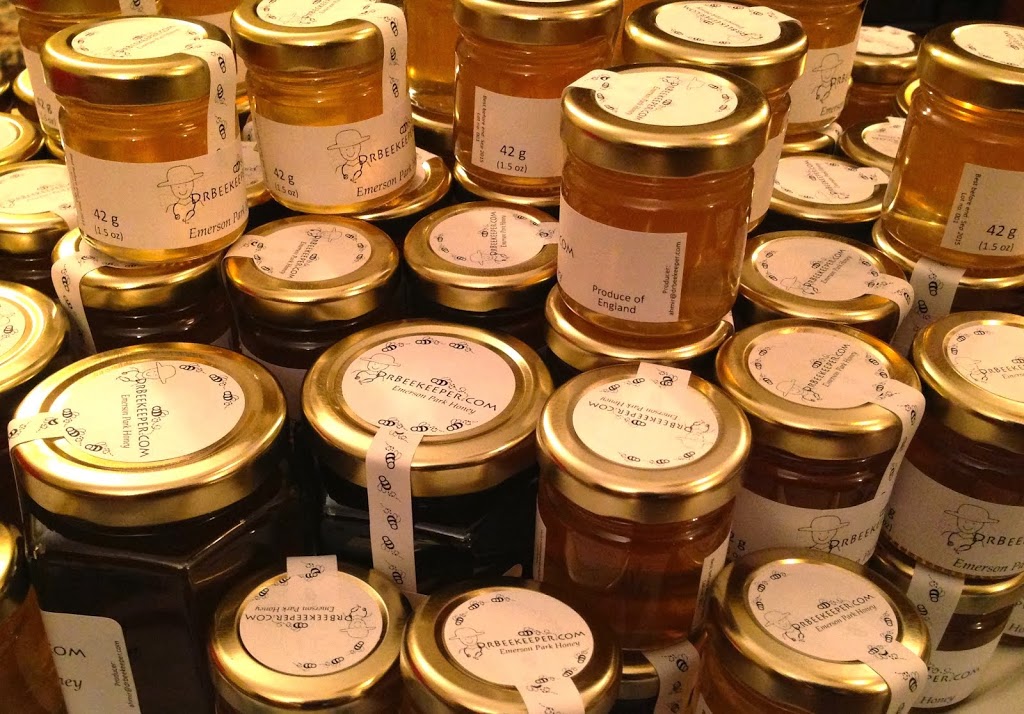
What is Honey?
Honey is a naturally produced substance produced by bees from plant nectar. Nectar undergoes natural processing by bees with regurgitation and evaporation resulting in honey. The dehydration of the natural sugars prevents fermentation and the added enzymes due to regurgitation result in a change in the chemical composition and pH of the honey. This is then stored in honeycombs in the beehive. The most important components in honey will typically be 38% fructose, 31% glucose, 17% water and 7% maltose. The sweetness of honey comes from the simple carbohydrates in honey, namely, fructose and glucose which are produced by the digestive enzyme breakdown of sucrose.
What are the health benefits?
There are a wide range of well known health benefits of honey. By mouth it can be taken for cough, hay fever, stomach ulcers and as a rich source of carbohydrates for exercise. It can also be used topically for burns and wound healing. Amazingly, this has been recognised in the medical world and it is not uncommon to find honey coated dressings in hospitals to promote wound healing. This is not without precedent as Dioscorides, an ancient Greek Physician in 50AD, used honey for sunburn and wound infections. The amazing healing properties of honey are also mentioned in the Bible, Quran, Torah and other holy scriptures. Visit Dr Beekeeper’s Bees in Religion post to find out more!
 How is it taken?
How is it taken?
Honey can be taken by mouth or applied topically as described above according to the indication it is used for. For example, for cough 0.5-2 teaspoons taken at bedtime will be sufficient. For the treatment of burns and wounds honey is applied directly with a sterile gauze covering or in may come in a ready soaked dressing. Dressings are changed every 24-48 hours usually. Honey is safe for children over 12 months of age when used appropriately. It is also safe to take during pregnancy and breast-feeding if taken in normal amounts. There are very few honey’s which are potentially unsafe such as honey produced from Rhododendron nectar which contains a toxin which can cause heart and blood pressure problems. However, such honeys are not usually available commercially! There are no known interactions.

How is it made?
From a beekeeping point of view, honey is made quite simply in a hive. Frames with wax foundation are placed inside the hive. Bees then create the characteristic cells which are drawn out from the foundation. They then collect nectar and pollen from flowers and plants within a 3 mile radius of the hive. Worker bees then process the honey as described above resulting in beautiful sweet nutritious honey. The cells filled with honey are then sealed with a wax lid to allow it to be stored optimally. Beekeepers then open the hive and using different techniques clear the frames of bees. The frames full of honey then undergo honey extraction. Find out more about extracting honey at Dr Beekeeper’s blog post Extracting honey doesn’t have to be taxing!





Well Done, i got to say that your are amazing! It was nice to see you jump out the plane for skydive